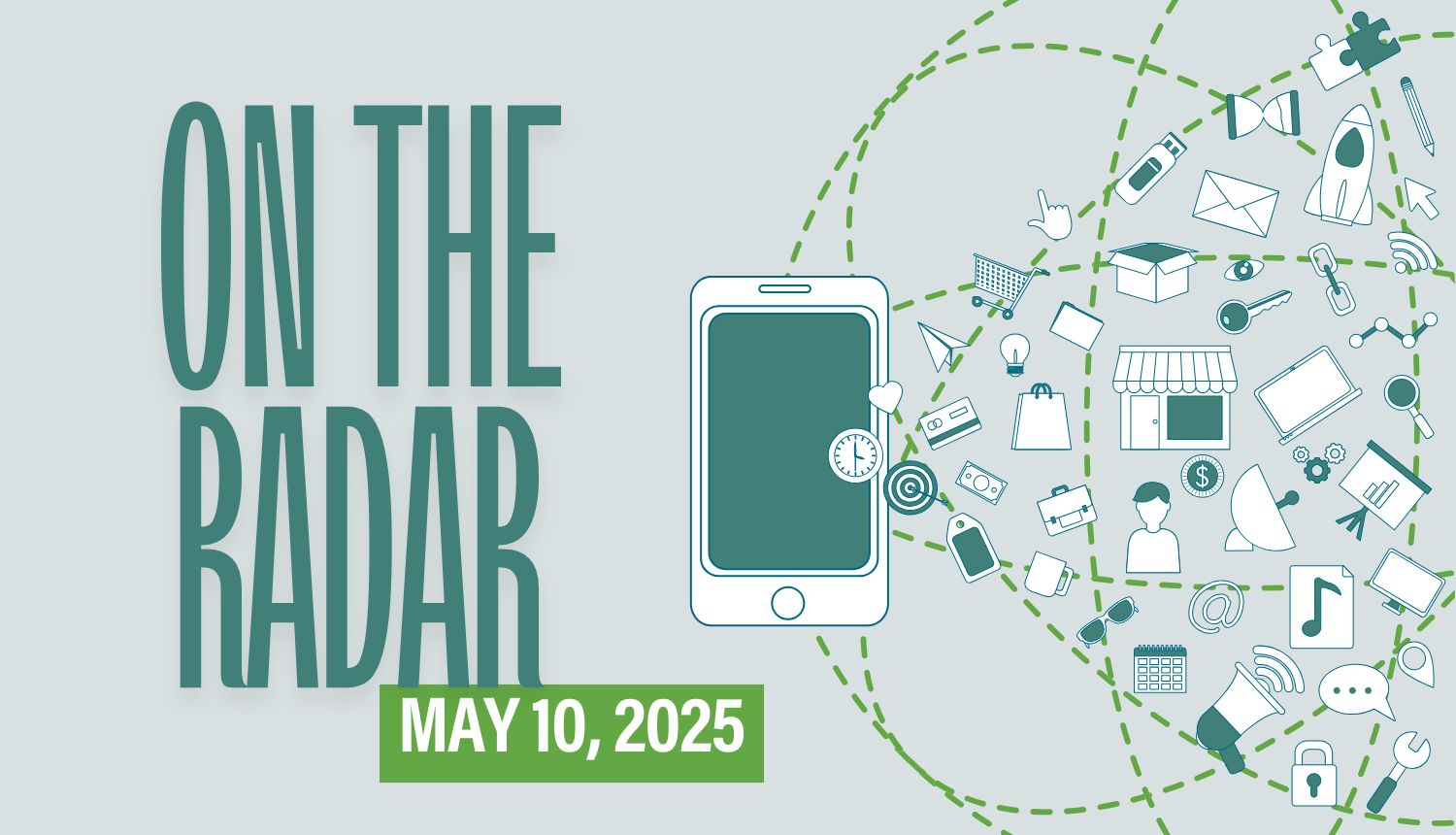Kids Are Damaging School-Issued Laptops for TikTok’s ‘Chromebook Challenge’
What? The “Chromebook Challenge,” according to Ars Technica, “includes students sticking things into Chromebook ports to short-circuit the system” until they start smoking or catch fire.
So What? Many of these laptop fires have “forced school evacuations, early dismissals and the summoning of first responders.” One student in Connecticut even had to go to the hospital to be treated for smoke inhalation.
Now What? Some administrators are warning that damage to school property (since many of these are school-issued Chromebooks) can result in disciplinary action or even, in some states, legal action. TikTok has banned the search term “Chromebook Challenge” in response. But parents should still talk to their kids about the dangers of this challenge, since the trend has already migrated to other social media platforms.
The ‘Jesus Glow’ Trend Isn’t Exactly Sending a Good Message
What? According to Salon, for Christian influencers on TikTok, “the hottest new beauty trend is accepting Jesus Christ as your Lord and Savior.” But sporting the so-called “Jesus Glow” to showcase your faith comes with some concerns worth considering.
So What? In most cases, the users who post these before-and-after videos seem to focus on their physical transformation after accepting Jesus more than their spiritual one. As a result, the “Jesus Glow” trend is coming off as trite, superficial and ingenuine to nonbelievers—certainly to the author of the Salon piece, who also feels that the trend also pushes a certain political agenda.
Now What? Choosing to become a follower of Jesus Christ is a big decision—one that we should celebrate. If your teens want to share their faith with their social media circle, that’s great! But caution them to use discernment and care when posting about faith online. Popular trends, such as the “Jesus Glow,” might come off as kitschy or fake, turning more people away from God instead of inviting them into His loving arms.
What? Common Sense Media conducted comprehensive risk assessments of AI companions, including top models Character.AI, Nomi and Replika. The organization’s conclusion? “These AI tools pose unacceptable risks to children and teens under age 18 and should not be used by minors.”
So What? Some of the key findings listed included “safety measures are easily circumvented,” “role-playing and harmful sexual interactions are readily available” and “increased mental health risks for already vulnerable teens.” The Wall Street Journal found similar problems with Meta AI as well as other new “digital companions” on Facebook, Instagram and WhatsApp. And Plugged In’s Kennedy Unthank confirmed many of these same issues, too, after testing out Snapchat’s My AI.
Now What? When it comes to teens and AI companions, I think Kennedy may have already said it best: “Talk to your teens about these risks. Make sure they know they can come to you if they encounter disturbing content from [these] chatbot program[s]. And until [these companies provide] better safeguards, consider asking your child to delete [them] from his or her phone.”
















